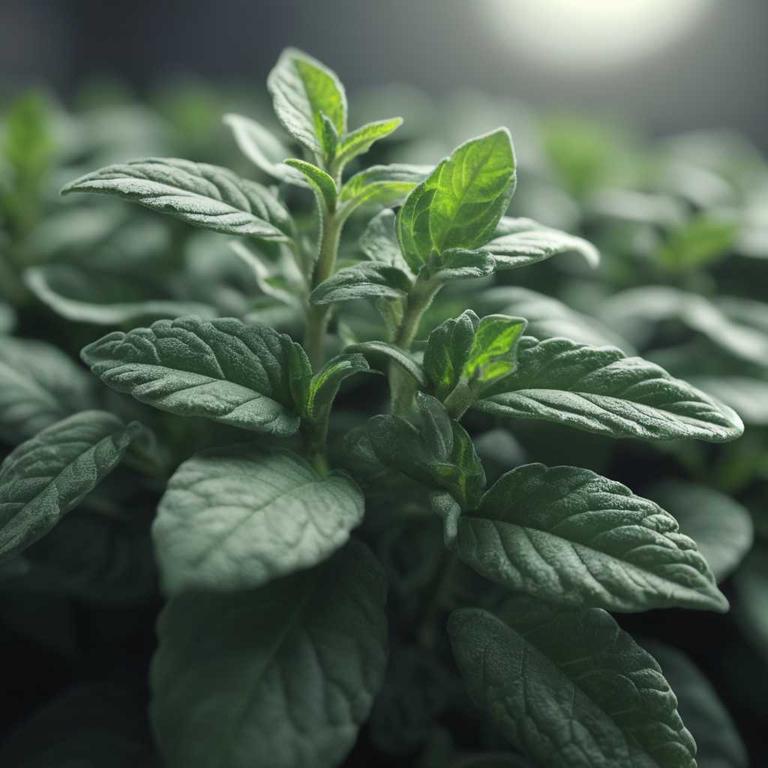Tulsi
Ocimum sanctum
Ashwagandha is a prominent medicinal herb in Ayurvedic medicine, classified as a rasayana (rejuvenator). It is primarily utilized as an adaptogen to help the body manage physical and chemical stress.
Family
Solanaceae (Nightshade)
Native Region
India, Middle East, Africa
Part Used
Root, Leaf, Berry

Botanical Identification
Tulsi, scientifically known as Ocimum sanctum, belongs to the Lamiaceae family. It is also called holy basil in English and is a perennial shrub native to India. The plant has aromatic leaves and small white flowers, and it is commonly referred to by various regional names in herbal traditions.
Active Compounds
Tulsi contains essential oils, flavonoids, and tannins as its main active compounds. These bioactives work synergistically to exert their therapeutic effects. The essential oils provide antimicrobial properties, while flavonoids and tannins contribute to anti-inflammatory and antioxidant activities.
- Essential oil
- Flavonoid
- Tannin
Therapeutic Indications
| System | Condidtion | Action |
|---|---|---|
| Respiratory | Common cold, asthma, bronchitis, influenza | Antimicrobial, bronchodilator, expectorant, immunomodulatory |
| Endocrine | Diabetes | Antidiabetic |
| Immune | Inflammation, fever, allergies | Anti-inflammatory, antipyretic, antihistaminic |
Preparation Methods
Infusion: Used for respiratory conditions like colds and coughs
Essential oil: Used for anxiety, stress relief, and digestive issues
Powder: Used for digestive problems and as a general tonic
Safety Profile
Tulsi is generally safe when used in recommended doses. However, it may interact with certain medications, including blood thinners and diabetes drugs. It is contraindicated in pregnant women and those with hyperthyroidism due to potential adverse effects. Always consult a healthcare provider before use.